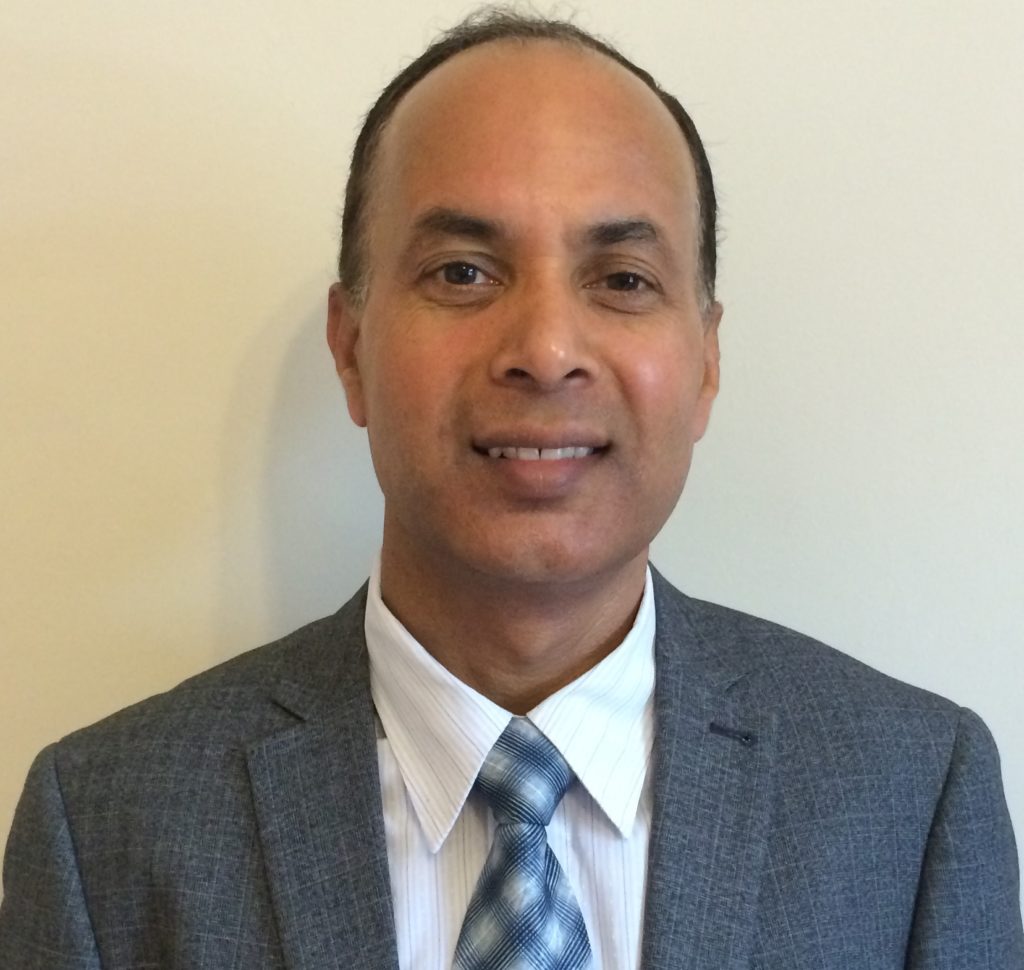
Invited Speaker
Keshav Dahal, University of the West of Scotland
https://research-portal.uws.ac.uk/en/persons/keshav-dahal
Title
Multi-objective search with evolving fitness functions for solving scheduling problems
Abstract
This talk will present some of the development in multi-objective approaches for solving complex scheduling problem. The first part of the talk will investigate multi-objective and weighted single objective approaches to a real world workforce scheduling problem. The computational experiments show that multi-objective genetic algorithms can create solutions whose fitness is close to that of the solution created by the genetic algorithms using weighted sum objectives even though the multi-objective approaches know nothing of the weights. In second part of the talk will discuss the variable fitness function approach to enhance the metaheuristic approaches by evolving weights for each of the multiple objectives. The results show that the variable fitness function approach improves the performance of constructive and variable neighbourhood search approaches on workforce scheduling problem instances.
Short Bio
Professor Keshav Dahal is a Professor of intelligent systems and the leader of the Artificial Intelligence, Visual Communications and Network (AVCN) Research Centre, University of the West of Scotland, Paisley, U.K. He received his Masters and Ph.D. degrees from the University of Strathclyde, UK. He also worked at the University of Bradford and the University of Strathclyde. His research interests lie in the areas of applied AI, trust and security modelling in distributed systems, Blockchain technology and scheduling/optimization problems. He has been principal investigator or co-investigators on more than 25 externally funded projects, and supervised over 30 PhD and postdoctoral researchers. He has published over 170 papers in his research fields with award winning publications and has sat on organizing/program committees of over 60 international conferences. He is a Senior Member of IEEE.
